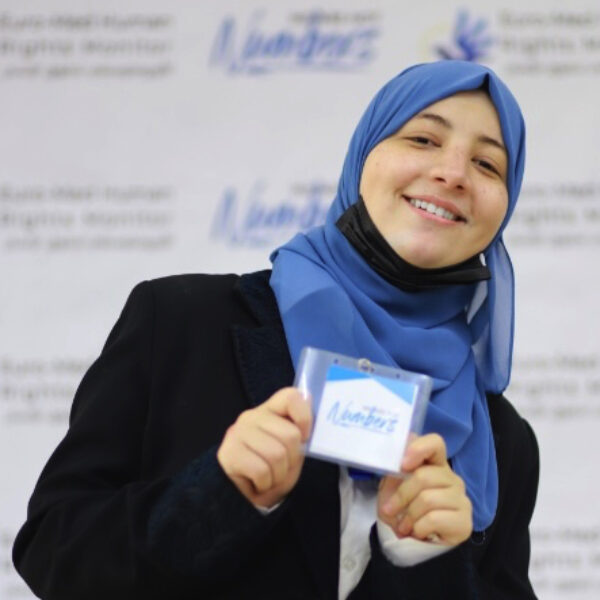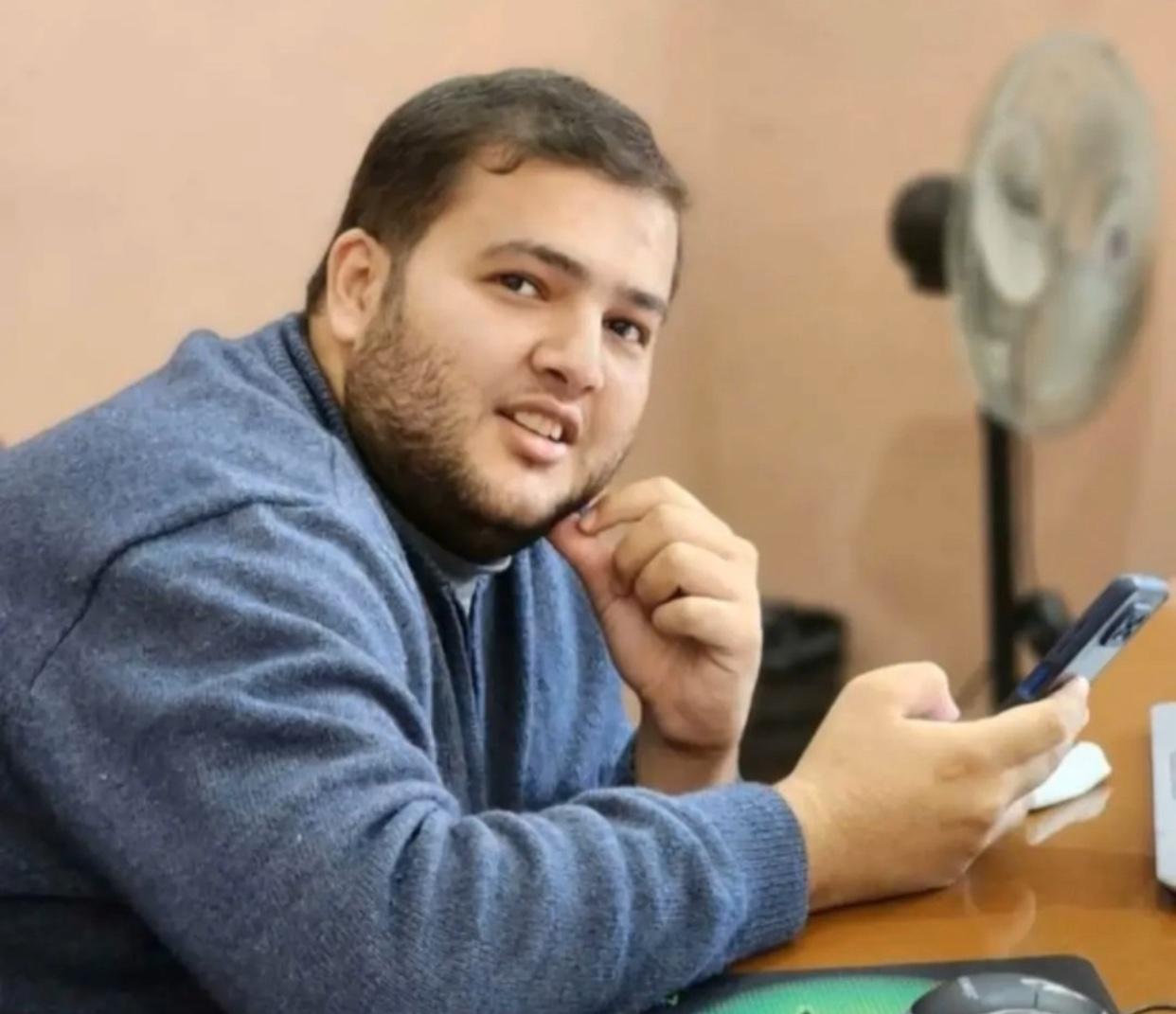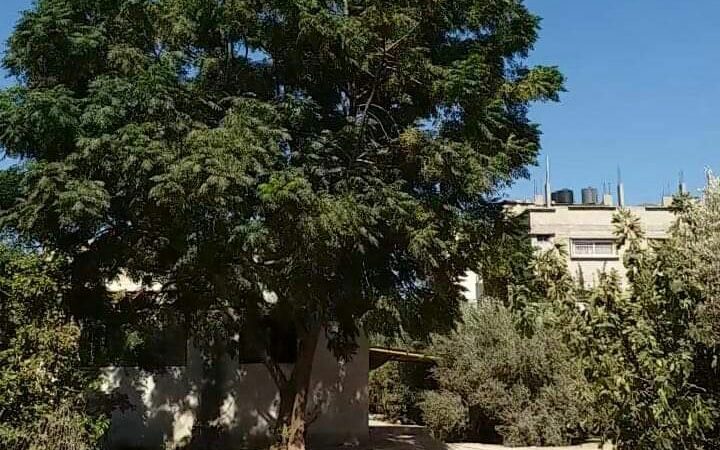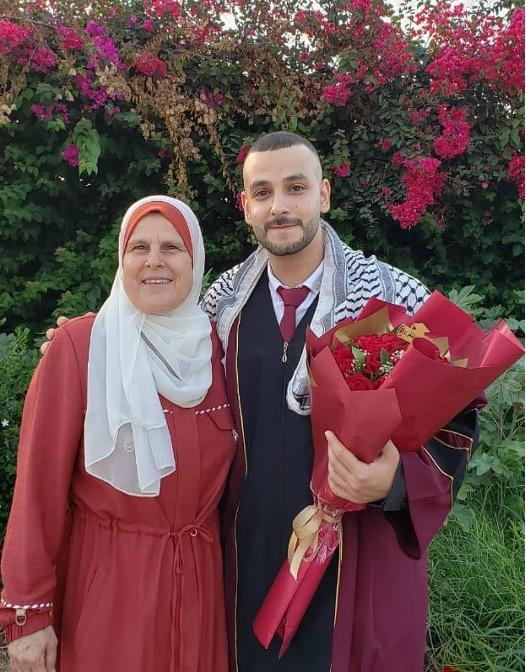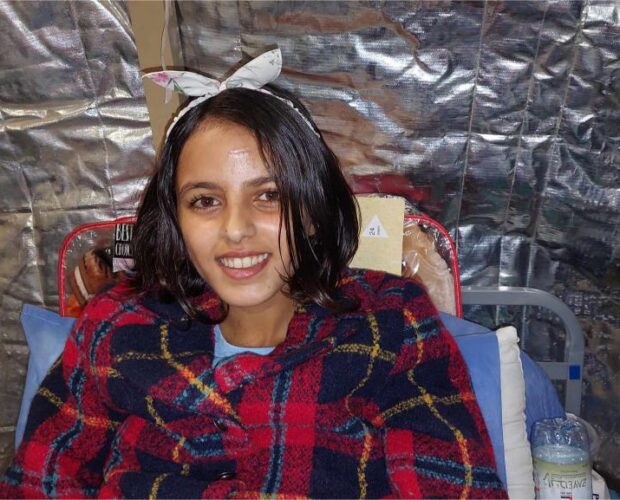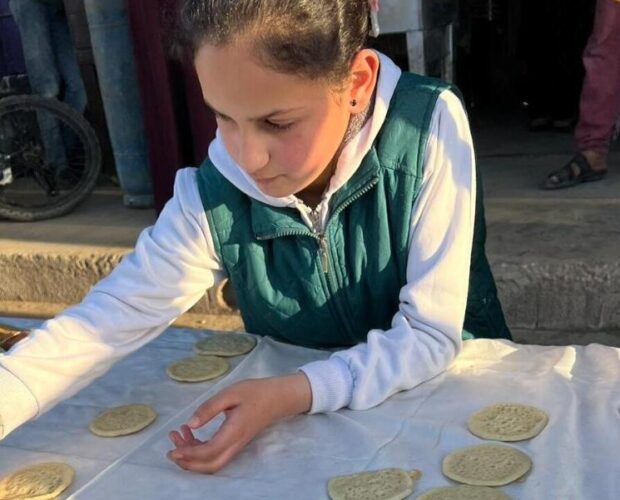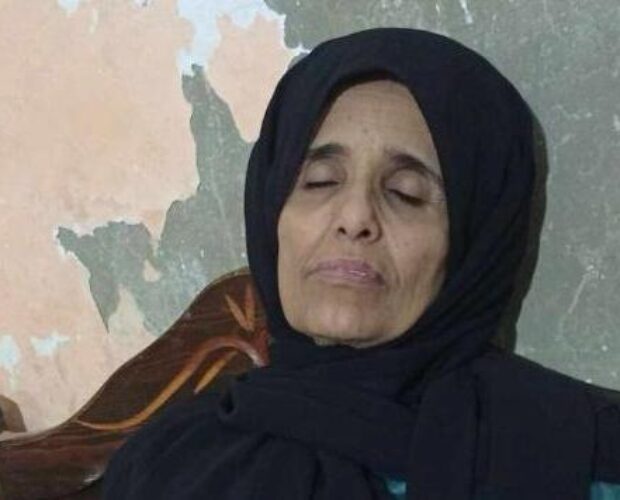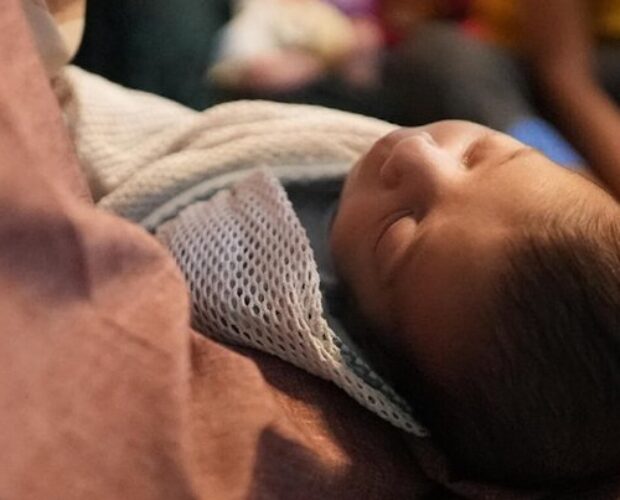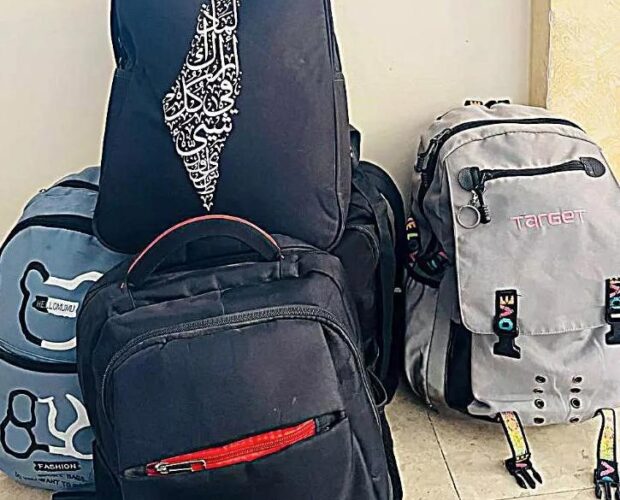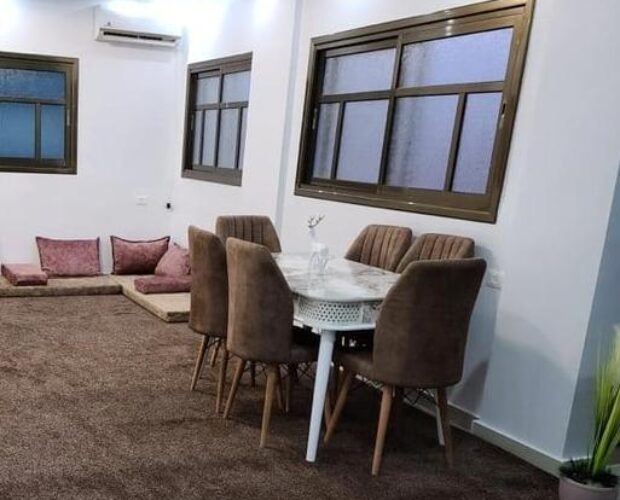From the 10th of October until the 24th of November, in the modest home of Abu Islam — a friend of my grandfather’s in Qezan Rashwan — 23 souls were bound together in the struggle. My grandfather’s family of six, Abu Islam’s family of ten, and my own family of seven, all navigating each day with dwindling resources of food and water, and without electricity.
Every night at around 10 p.m., the usual sounds of gunfire and buzzing drones filled the air, a grim reminder of the ongoing war. My uncle’s one-year-old daughter’s cries added to the tension. I adjusted to the floor mattresses despite waking up with back pain. How did we get so accustomed to this inhuman situation? A powerful airstrike shook the area nearby, jolting everyone awake. It became routine to stir from sleep multiple times during the night, especially when such disturbances occurred.
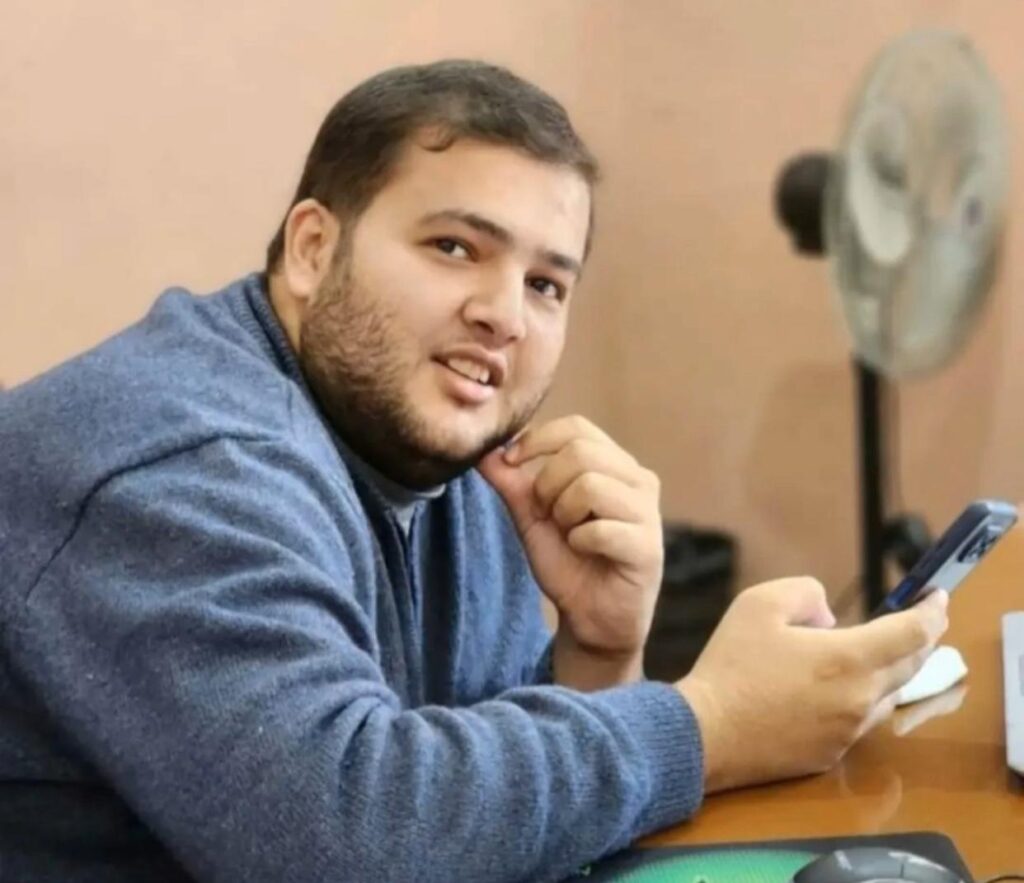
When morning broke, everyone rose and gathered in the living room, discussing plans for breakfast, lunch, and the day ahead. For breakfast we often settled on boiled eggs. One time we had some leftover minced meat that Dad brought from our fridge back in Abassan when he went to see my cousin Mahmoud Jamal, allowing us to have Tahini Kofta on the menu for dinner. Grandma, resourceful as ever, had found flour and planned to bake bread to accompany the meal. Meanwhile, Dad ventured downtown to scout for any supplies we might require.
Abassan, my hometown, had been transformed into a military zone. Despite the dangers, some brave individuals risked their lives by sneaking in and out to assess their abandoned homes. These hazardous visits were essential for gathering necessities and vital belongings left behind during the sudden evacuation.
Mahmoud Jamal Abuzarifa, the eldest of my cousins, would make such trips. He faced the heavy responsibility of caring for his family at a young age after his father, my Dad’s brother and my Amo, passed away. Despite this burden, he rose to the occasion with remarkable maturity, becoming the pillar of support not only for his immediate family but for many others.
Driven by a fervent passion for learning, Mahmoud, at twenty-eight years old, embarked on a relentless pursuit of knowledge, undertaking multiple degrees simultaneously and seeming to sprint through life’s challenges. He earned a bachelor’s in journalism and mass communication from the University of Palestine in 2016, followed by another in business administration from Cairo University in 2019. Additionally, he attained diplomas in public relations and media from Al-Aqsa University, and in project management and financing from the Arab College of Applied Sciences. His academic journey reached its zenith with a master’s degree in political science from Al-Aqsa University in 2022.
In addition to his academic pursuits, Mahmoud held influential roles, serving as the deputy director at the Saudi Center for Culture and Heritage, with a focus on supporting projects, aid, and volunteer efforts in Gaza. He was also a dean at the Arab College of Applied Sciences, Abassan Branch. Amid his academic and professional endeavors, Mahmoud found love, marrying Jenan. They welcomed two children into the world, Maha and Jamal.
Mahmoud inherited a legacy of compassion and service from his father. To us, and especially my father, he was more than a relative; he was a trusted friend, always ready to lend a hand whenever called upon, whether by blood relations or distant acquaintances. His unwavering commitment to others never faltered, regardless of distance or circumstances.
One morning at Abu Islam’s, I stepped into the yard to be alone, but the relentless buzzing of drones shattered any hope of peace. Despite the poor internet connection outside, I absorbed as much news as I could, only to be confronted with devastating reports of massacres in Rafah, where 80 lives had been lost the previous day alone.
I headed indoors to check on everyone. Dad was engrossed in a game of Handremi with the kids, trying to pass the time. Suddenly, a phone rang, and we realized it was Dad’s. My aunt’s frantic voice pierced the air, crying out “Mahmoud! He’s been struck in his car!” Despite our attempts to understand more, the poor service hindered our communication. Desperately, we reached out to other family members. After several calls, my cousin, who’d been displaced alongside Mahmoud, finally answered. She informed us that Mahmoud had gone out to fix his car. Soon after, Essam, Mahmoud’s brother-in-law, called and urged Dad to come to the hospital. At the same time, my uncle’s wife’s grandfather, who sought refuge in the same hospital, told her over the phone about Mahmoud’s fate. It was then that the crushing reality reached us: Mahmoud had been martyred. Dad and my uncle rushed to the hospital to bid him a final farewell and lay him to rest.
May you find peace, Mahmoud.
I wondered how Mahmoud’s mother would bear the weight of losing her son, especially after losing her husband last year. And what of Mahmoud’s wife, who had recently given birth to their first son, and has their eight-year-old daughter to care for also? The weight of our family’s bond felt immediately heavier.
I returned to the yard to gather my thoughts and regain my composure. The reality of Mahmoud’s passing shocked me to the core. Upon reconnecting to the internet, I found an outpouring of condolences for Mahmoud on various Facebook pages.
When Dad returned from the hospital, profound distress clouded his features. My uncle, frantic, sought out his daughter, embracing her tightly. His wife pressed him for an explanation, and he recounted the horrific sight of an infant’s body beside Mahmoud, a sight that left him trembling with fear for his own daughter.
Meanwhile, my younger brother clung to Dad’s leg, anxiously inquiring about Mahmoud. With a heavy heart, Dad sank into a chair. “Alhamdulillah . . . he’s no more.”
Dad recounted Mahmoud’s tragic fate. A routine trip to fix his car turned fatal when an airstrike hit a nearby building, unleashing a blast that killed him. May he rest in peace. Dad talked about their conversations just yesterday and the days before, reflecting on Mahmoud’s unwavering openness and his role as the family’s steadfast support.
As evening descended, rumors of a ceasefire offered a glimmer of hope. Yet the indiscriminate violence plaguing our land tempered any optimism.
Dad whispered words heavy with sorrow as he prayed for Mahmoud. Tears ran down his cheeks, and the rest of us mourned quietly, sharing in grief without uttering a word.
Mahmoud was more than a casualty, more than a statistic. He was a man with dreams, a cherished member of our family, now stolen from us. May he find eternal peace, his memory forever cherished and his spirit never forgotten. Rest in peace, Mahmoud.
This essay first appeared in AGNI’s Dispatches from Palestine series.

